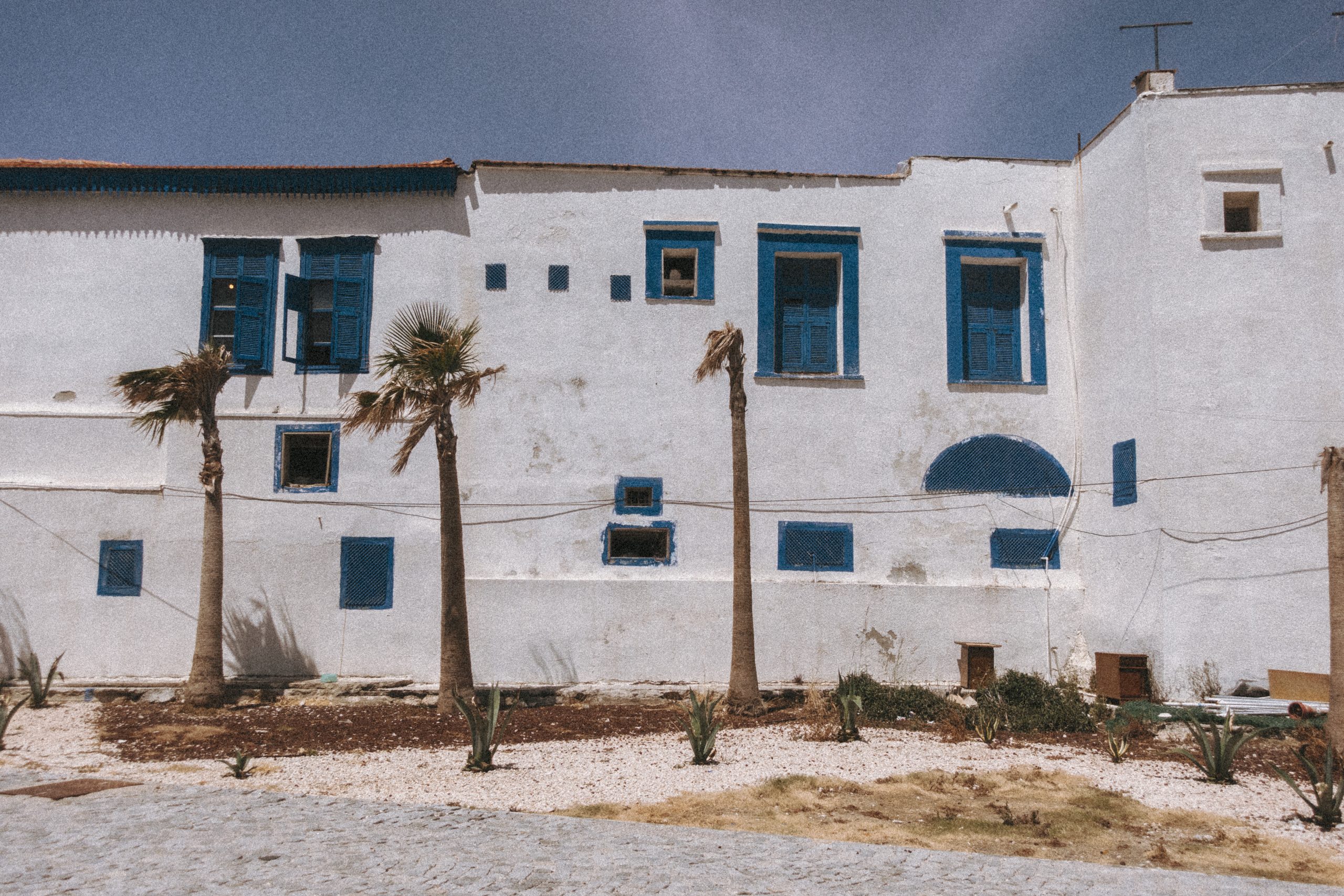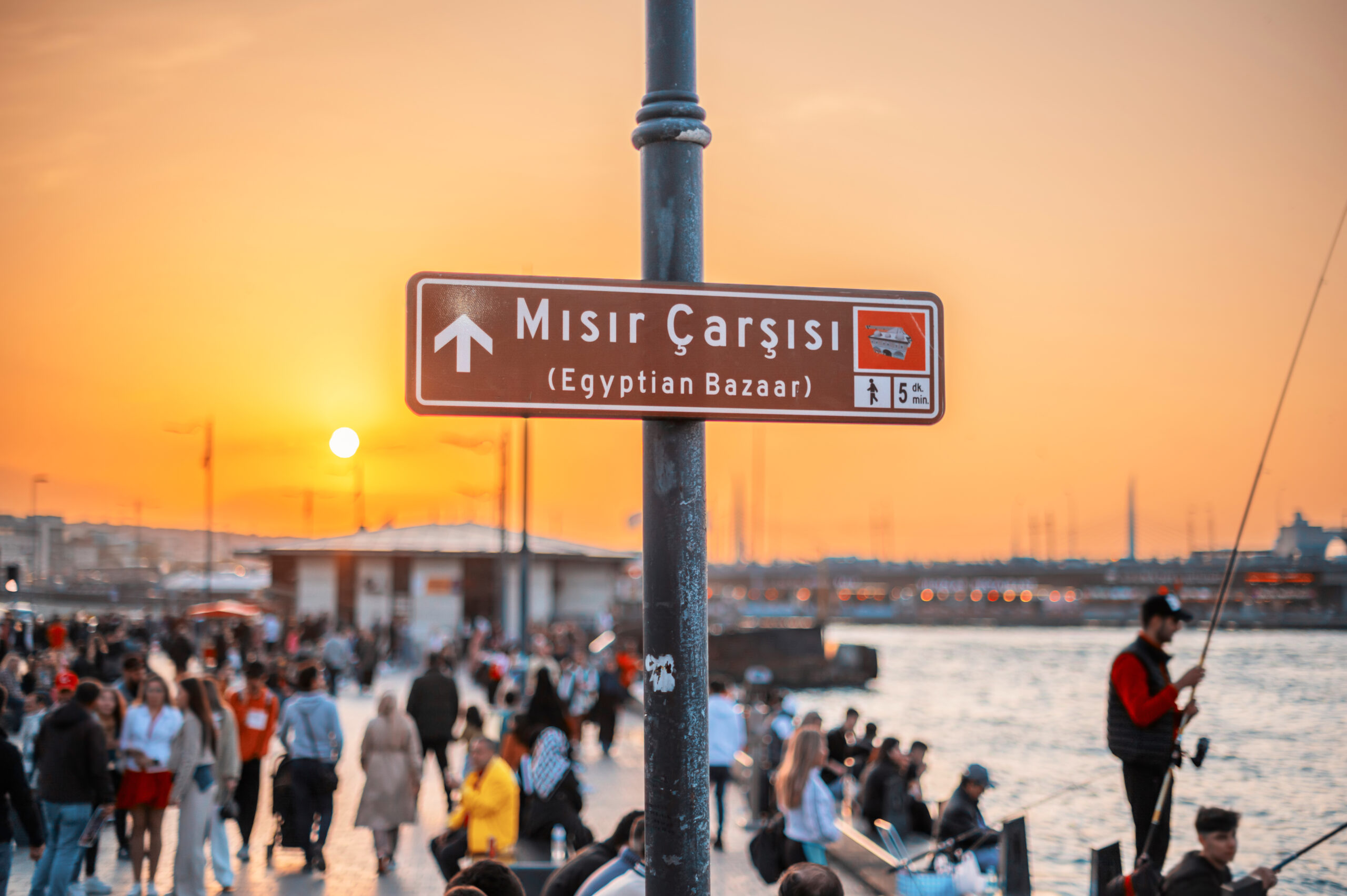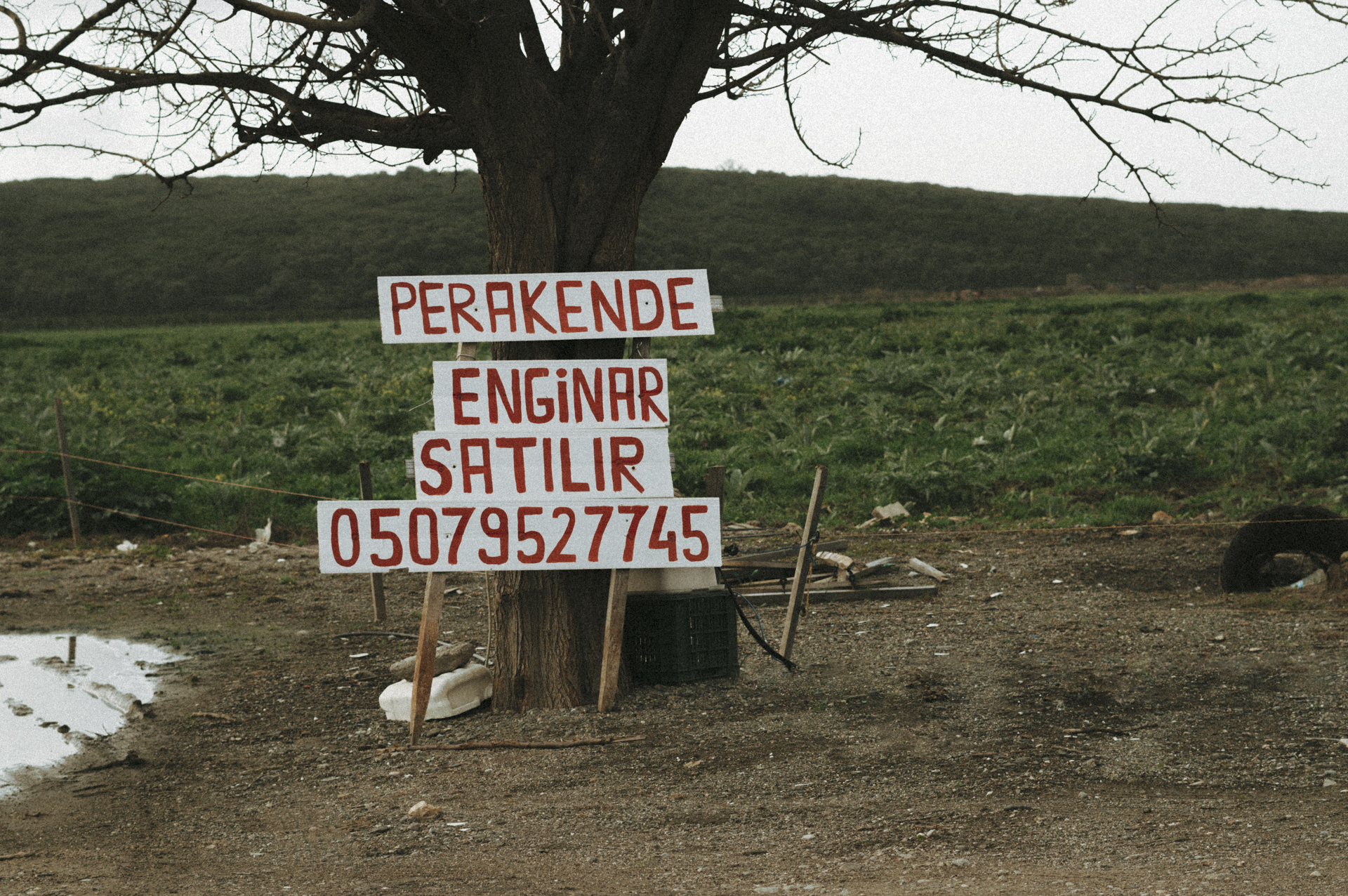1. Genuine Hospitality
Hospitality reveals the ethical stance of a culture. White western “hospitality” may follow precise etiquettes, but Turkish hospitality manifests the human need to connect, to dissolve the boundaries, to become a collective rather than an individual. In the United States, it’s easy to feel like a burden and hosting appears as a rehearsed act of politeness; in Turkey, you’re meant to feel and act like every home you’re in is your home. It made me ask why we aren’t able to make ourselves at home in the states, and why we make rules for our guests in our home.
It seems like at the end of the day we’re hyperfocused on ourselves. Well I need to go to bed at some point so that’s why I need to tell people when they should leave. Yes, you can bring one guest if you want. I don’t know if I have enough food for others to come. (The guest must ask first) Oh, you want to help with the dishes? You don’t have to do that! (As I watch you continue to do them). I’m not sure that these scenarios are friendly or generous. ‘Boundaries’ is a word that gets tossed around a lot and I’m not one to say to push yourself and go beyond your limits – at the end of the day we have to put the oxygen mask on ourselves before we help others.
The lesson I learned is that we can be more flexible if it’s in the name of generosity – I’m not hosting people every night – I can lose a little bit of sleep, eat a little less so we have more to share, or do the dishes later. Genuine hospitality is the practice of providing basic survival needs – giving someone food, shelter, and space. (Yikes, when you think about it that way, it’s no surprise that Americans don’t understand the concept…)
2. How to share, and other versions of borrowing
On a similar note, in Turkey, the ledger of who owes whom doesn’t seem to exist. Friends share without keeping tabs, families support without conditions. I had to unlearn my ingrained habits of borrowing and repaying, realizing that in Turkey, love and trust override such calculations. It’s a culture that places faith in relationships rather than (quite literally) contracts. If you’re moving to Turkey, be aware that your Turkish flatmates might not be used to having a separate section in the fridge. There’s no chore wheel and no list of who bought what. There’s typically no going Dutch at restaurants, or anywhere for that matter- you pay or they pay – usually it’s the Turk unless you’re ready to put up a fight – then it’s forgotten about.*
In terms of borrowing, things are borrowed (and sometimes later gifted) and money is not. Money is given. The borrower will likely have the intention of repaying the money (if it is significant) but also is borrowing in a safe space, knowing that if they don’t have the means to give the money back, they don’t have to. Turks are always ready to give what is needed at that moment. It’s debatable whether or not this is a blessing or a curse, but the beauty is that in that moment of giving, the thought process is simple – This person needs, and I have the ability to give. That’s it. That’s all. Then the thought goes away.
The most giving cultures and communities are those who have lived through the most pain and hardship. It’s so ironic.
So what have I learned? Things and money are not my own, and the world is a more pleasant place to live in when we can wholeheartedly share them.
*This may not be the case for very large tabs at restaurants, or communities where there are other foreign residents as well
3. Tipping is for gratitude
Unlike the United States, tipping in Turkey (and most other countries in the world other than the United States) is most definitely a gesture of gratitude and genuine appreciation, not a veiled wage subsidy. It’s a bonus; a way to tell an individual thank you for their service. In my years in the service industry, I thrived on tips, and loved working harder to get more money (most of the time) in contrast to a job with a set hourly wage or salary. But looking back I see it’s a system that is inherently flawed. In Turkey, the relationship between customer and server is more authentic, untainted by financial motives, and harkens back to a time when a tip was simply a sincere “thank you.” Employees in the service industry aren’t paid enough – just like in the United States – but the responsibility to adequately pay them is not in the hands of the customers like it is in the United States.
What have I learned? Well, that the system is biased in the United States; instead of the employer paying you what you deserve to make, the customers are paying. It’s not fair for the customers to decide how much the employees get paid. It’s just another way the big guys are trying to cut corners and not provide living wages to hard-working people. This won’t change my life, but my thoughts on the service industry have definitely shifted.
Note: I will always tip a minimum of 20% at bars, cafes, restaurants in the United States. See our guide on tipping in Turkey for more.
4. The importance of spontaneity within community
“I’m struck by the dangerous narcissism fostered by spiritual rhetoric that pays so much attention to individual self-improvement and so little to the practice of love within the context of community.”
-bell hooks
In the rhythm of modern life, particularly in the United States, there’s a marked emphasis on predictability and control. Yet, there’s undeniable beauty and a host of benefits to be found in spontaneity—breaking free from routine, boosting creativity, and building resilience. Living in the moment and embracing unplanned experiences can significantly enhance mental well-being, reduce stress, and foster a sense of discovery. This kind of spontaneity is crucial for community vitality, offering a refreshing contrast to the often rigid and scheduled nature of contemporary life.
However, the culture of individualism prevalent in the United States has contributed to a notable decline in community engagement, with a significant impact on social ties and communal activities. Loneliness and isolation have become more pervasive, affecting a staggering number of Americans and linking closely to increased rates of depression and anxiety. This underscores the vital importance of community for psychological health, yet it’s something that seems increasingly overlooked in favor of productivity and personal space.
Reflecting on my own experiences, the stark difference in community dynamics between Turkey and the United States is palpable. In Turkey, the spontaneity of social interactions—dropping by a friend’s house unannounced or calling them for a same-day hangout—is not just common but celebrated. This contrasts sharply with the planned and scheduled nature of socializing in the United States, where the concept of just “dropping by” seems almost alien, particularly among white Americans. This observation raises questions about the very fabric of community in a society that values control and personal space, possibly to its detriment.
Perhaps the closest semblance of community in the United States is found within the university setting, where the spontaneity of youth allows for unplanned gatherings, shared experiences, and the kind of open-door policy that fosters genuine connection. This is a stark reminder of what life is like in Turkey, where community bonds extend well beyond the college years, embracing adults of all ages in a web of support and shared experiences.
What have I learned?
Western culture’s infatuation with planning reflects a deep desire for control and personal space. Turkish spontaneity embraces uncertainty, understanding life’s inherent unpredictability. This spontaneity nurtures genuine community, where connection doesn’t adhere to schedules. It’s a healthier approach, embracing human connection’s organic nature.
Why pencil in friendships? In the States, scheduling became second nature, but in Turkey, I discovered the beauty of unplanned connections. Community here thrives on spontaneity. Friends drop by without notice, life unfolds in its own rhythm, and somehow, it all works. This freedom to be, to connect without agendas, fosters a sense of unity and support that I’ve rarely felt elsewhere. It’s a community that celebrates the present and supports each other without the need for an appointment.
5. Rituals and rest are not only for the religious and lazy
I’m not a smoker, but the ritual of stepping away from your work desk and going outside to sip tea and have a cigarette made me want to become one. Turks appreciate rest—a stark contrast to the American ethos. These breaks are rituals; tea or coffee isn’t just consumed but savored, often homemade or brewed with care in the office, embodying a treat in the middle of a workday. This practice underscores a broader cultural reverence for these beverages, where the preparation and enjoyment of tea and coffee are integral to social and professional life.
Conversely, in the United States, the concept of rest, especially during work hours, has been marginalized, if not outright frowned upon. The American “treat” is purchased in a Starbucks drive-thru. Savoring a good cup of coffee or tea at home is a rarity. We all know Americans are among the most overworked populations in the developed world, with a significant percentage reporting that they often forego breaks, including those for lunch, to meet work demands.
These Turks though, they know how to value leisure and the small pleasures of life. What have I learned? S L O W T H E F * C K D O W N.
6. You’re not being treated unfairly
Hello, white Westerners: in Turkey you might notice you’re not always getting the local price or the warmest welcome at every turn. Before you kick up a fuss about paying a few extra lira for your kebab or not being treated like a long-lost friend, let’s talk about the elephant in the room: privilege.
White westerners are used to being at the front of the line, getting the best deal, and having doors opened for them that anything less feels like a slight. But in places like Turkey, the slight differences in treatment are a reality check, a nudge to remind us of the vast inequalities and privileges we often take for granted.
Hearing some white Westerners moan about not getting the VIP treatment in Turkey, you’d think the world had ended. It’s all about perspective, and frankly, this whining is rooted in a deep-seated sense of entitlement and greed. It’s time to check that privilege at the door.
What have I learned? It’s about waking up to the privileges we carry and understanding that not being treated like a local isn’t an injustice—it’s a lesson in humility. It’s an opportunity to see the world through a different lens, to recognize our place in the global hierarchy, and to approach our travels and interactions with a bit more empathy and a lot less ego.
7. Trust your own moral compass
When I first landed in Turkey, I was keen on embracing every aspect of its culture, chalking up every difference to the rich tapestry of Turkish society. Coming from a place where intolerance was the norm, I swung hard in the opposite direction, trying to be as open-minded as possible. Later I realized that being open-minded doesn’t mean shutting your eyes to the things that clash with your core beliefs about human rights and equality.
In my journey of becoming more tolerant, I encountered many conflicts rooted in the patriarchy, toxic masculinity, and the pressure to conform to certain religious beliefs. It dawned on me that some differences aren’t just cultural quirks; they’re manifestations of deeper societal issues that shouldn’t be blindly accepted. Yes, these issues exist globally, not just in Turkey. However, my experience here taught me that in my effort to respect a new culture, I shouldn’t compromise on calling out and standing against injustices, especially those that oppress and marginalize.
What have I learned? It’s crucial to balance respect for cultural differences with the courage to trust and uphold your personal moral convictions. Recognizing the line between being culturally sensitive and over-tolerant is key. It’s about understanding that while we should strive to appreciate and learn from new cultures, we must also remain vigilant and critical of practices that infringe on basic human rights and dignity. Trusting in your moral compass, while navigating the complexities of a new culture, empowers you to be both a respectful guest and a conscientious global citizen.
8. Rules aren’t important
In Turkey, the approach to rules can feel like a refreshing breeze compared to the rigid structure often found in the U.S. Americans, it seems, have a bit of an obsession with rules. This might stem from a mix of wanting to avoid trouble and a bit of a power trip in enforcing these regulations (TSA?… IYKYK). In contrast, Turkey has a more fluid relationship with rules, where the emphasis is on the spirit rather than the letter of the law.
For instance, in Turkey, it’s not uncommon for shopkeepers to extend payment deadlines for regular customers facing hard times, or for minor infractions like selling goods on the street without a permit to be overlooked in the spirit of supporting small entrepreneurs. These practices suggest a societal understanding that life isn’t always black and white, and sometimes, flexibility can be more beneficial than strict adherence to rules. This adaptability has its roots in a broader cultural perspective, valuing relationships and communal well-being over rigid structures- things that have already been covered here in this post. Everything is pretty connected.
What have I learned? The importance of balancing respect for rules with the understanding that they are, ultimately, tools for facilitating community and harmony. It’s a reminder that sometimes, bending the rules can actually keep us closer to their original intent: to serve and protect the well-being of society.
9. American culture doesn’t exist
If it weren’t for the vibrant cultures of immigrants, indigenous peoples, and communities of color, the U.S. would struggle to claim any cultural identity at all. The notion of “white culture” in America often feels like a void, filled only by the echoes of capitalism and shaped by a history of racism. It’s as if the diverse and rich traditions that truly define American culture are overshadowed by a bland, commercialized version of identity that lacks authenticity and depth.
Turkey, in contrast, is a mosaic of cultures and peoples, each contributing to the nation’s identity in distinct ways. From the Kurds with their deeply rooted music and storytelling traditions to the Armenians and their ancient architectural and culinary heritage, Turkey’s cultural wealth is a testament to its diverse populace. The Laz people and their unique language, the rich folklore of the Alevis, and the vibrant customs of the Black Sea region – these are but a few threads in the country’s cultural tapestry, showcasing a diversity that’s lived and celebrated daily.
What have I learned? Yeahhh, there’s literally nothing exciting about white American culture.
10. Don’t take health care for granted
Turkey’s approach to healthcare is a breath of fresh air, especially when you’re coming from the U.S., where the system feels more like a cash grab than a healing hand. The U.S. is ranked the worst in terms of healthcare efficiency; the U.S. healthcare expenditure tops the charts globally but its health outcomes are embarrassing. It’s clear that the system isn’t primarily concerned with the well-being and healing of its people.
On the flip side, Turkey hasn’t perfected its healthcare system, but it’s made it accessible and affordable. Here, healthcare is seen as a basic human right rather than a luxury item. The focus is on healing and caring for individuals rather than figuring out how to bill them next.
What have I learned? I had no clue how broken the U.S. system was until I experienced the Turkish way. This was a wake-up call for me, highlighting my own ignorance and privilege. Healthcare shouldn’t be a business.
Living in Turkey has been a journey of discovery, unraveling lessons that have reshaped my understanding of the world and myself. I’m all about taking the best of what a culture has to offer. Turkey can get a really bad rep. I’m not here to say that Turkey is perfection, but instead to say the west, and particularly white Americans, have a lot to learn from Turkey and other cultures. Would love to hear your thoughts.
Send me a message if you have more questions, and sign up for our newsletter for Relocation Turkey release dates. If you’re interested in a visit, let us help you plan your trip.
 Photograph by Burçin Esin
Photograph by Burçin Esin


